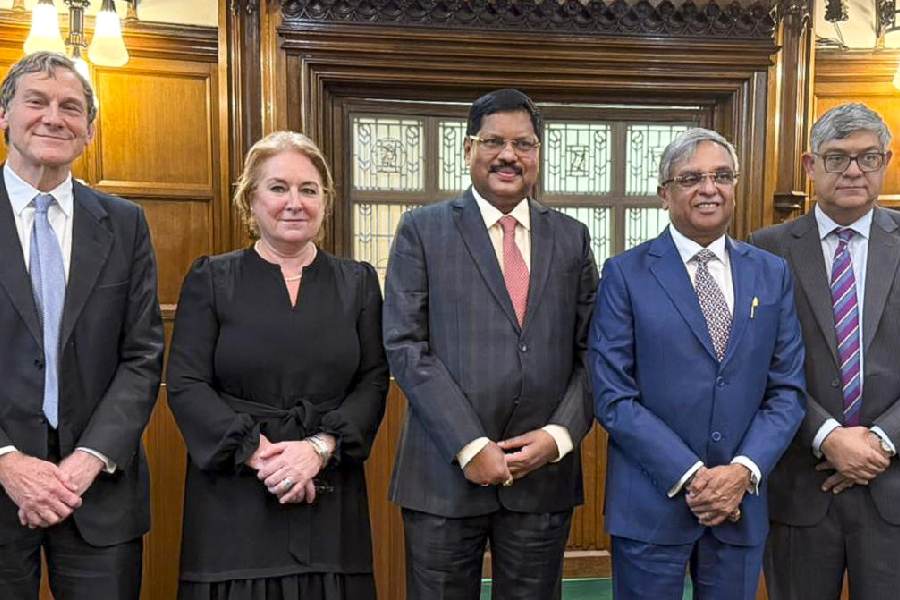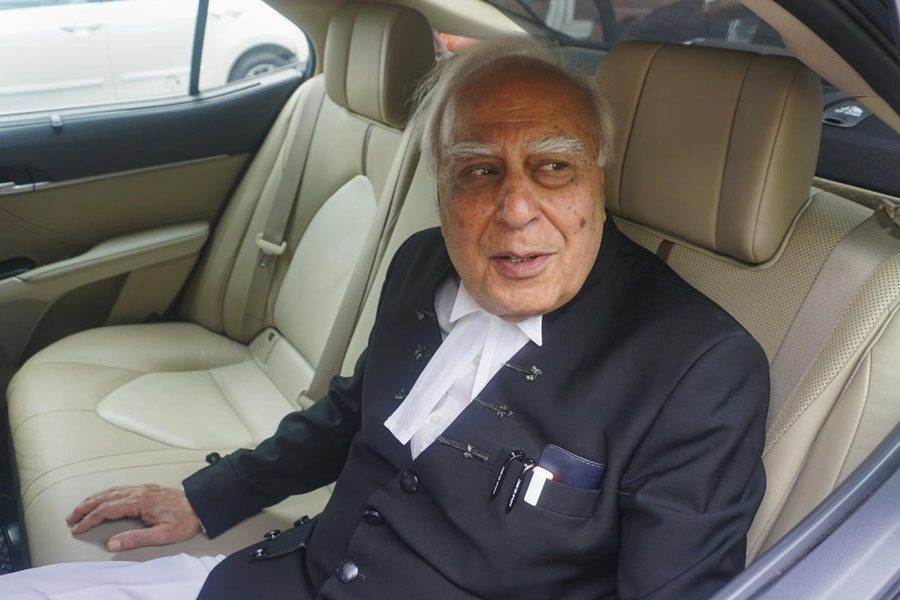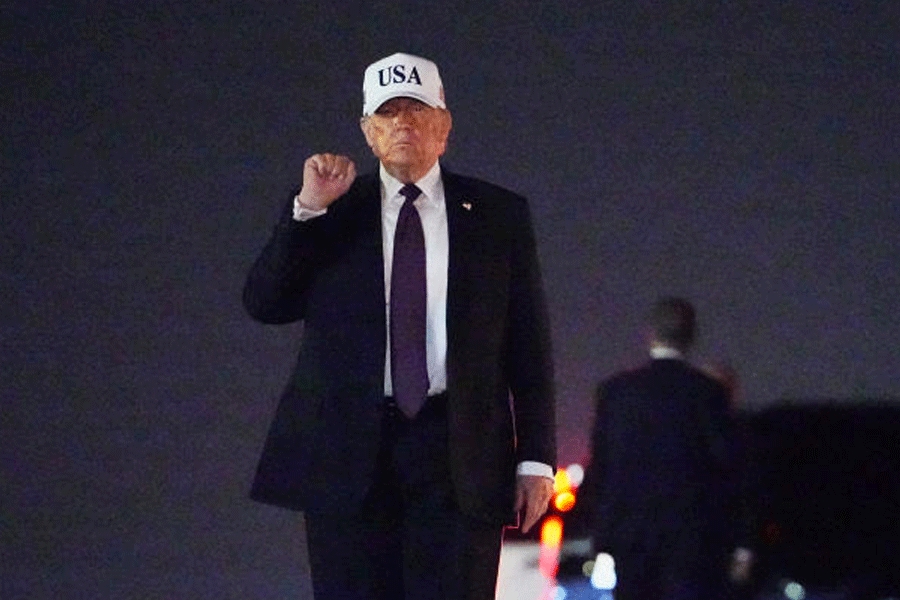Chief Justice of India B.R. Gavai has said the growing practice of judges accepting government jobs after retirement and contesting elections “raises significant ethical concerns” and stokes doubt about the independence of the judiciary.
The CJI made the remark while addressing a roundtable conference on “Maintaining Judicial Legitimacy and Public Confidence” organised by the UK Supreme Court on Tuesday night.
“In India, judges are subject to a fixed retirement age. If a judge takes up another appointment with the government immediately after retirement or resigns from the bench to contest elections, it raises significant ethical concerns and invites public scrutiny. A judge contesting an election for a political office can lead to doubts regarding the independence and impartiality of the judiciary as it may be seen as a conflict of interest or as an attempt to gain favour with the government,” the CJI said.
While former CJI P. Sathasivam became Kerala governor and ex-CJI Ranjan Gogoi took up a Rajya Sabha assignment after demitting office. Senior Calcutta High Court judge, Justice Abhijit Gangopadhyay, had contested the Lok Sabha election on a BJP ticket last year after tendering his resignation and is currently a member of Parliament.
“The timing and nature of... post-retirement engagements... could create a perception that judicial decisions were influenced by the prospect of future government appointments or political involvement,” CJI Gavai said.
He said the Constitution outlined the eligibility criteria for appointments to constitutional courts, specified the retirement age of judges and ensured that they drew their salaries from the Consolidated Fund of India, thereby making them independent of the executive.
“The foremost consideration is the perceived independence of judges, which hinges on their tenure conditions and appointment processes. This underscores the separation of powers within the legal system, allowing judges to function independently,” he said.
CJI Gavai also justified the collegium system for appointment of judges in the higher judiciary and pointed out that until 1993, it was the executive that had the final say in the appointment of judges to the Supreme Court and high courts.
“During this period, the executive twice superseded the senior-most judges in appointing the CJI, which went against established tradition,” he said, adding the collegium system was meant to reduce executive interference and maintain the judiciary’s autonomy in its appointments.
Acknowledging corruption in the judiciary, Justice Gavai said: “Every system, no matter how robust, is susceptible to issues of professional misconduct”.
He said such misconduct had a negative impact on public confidence and eroded faith in the integrity of the system. “However, the path to rebuilding this trust lies in the swift, decisive and transparent action taken to address and resolve these issues,” he said.











